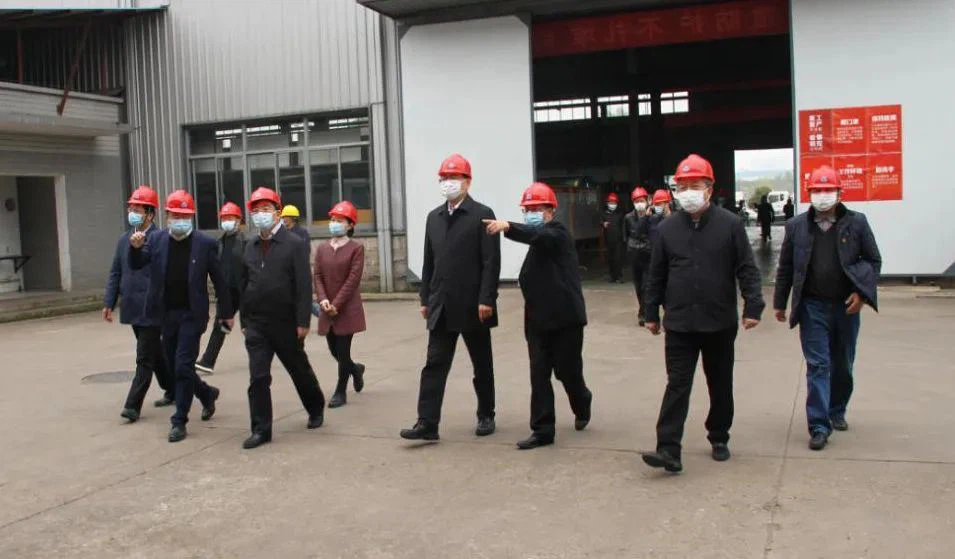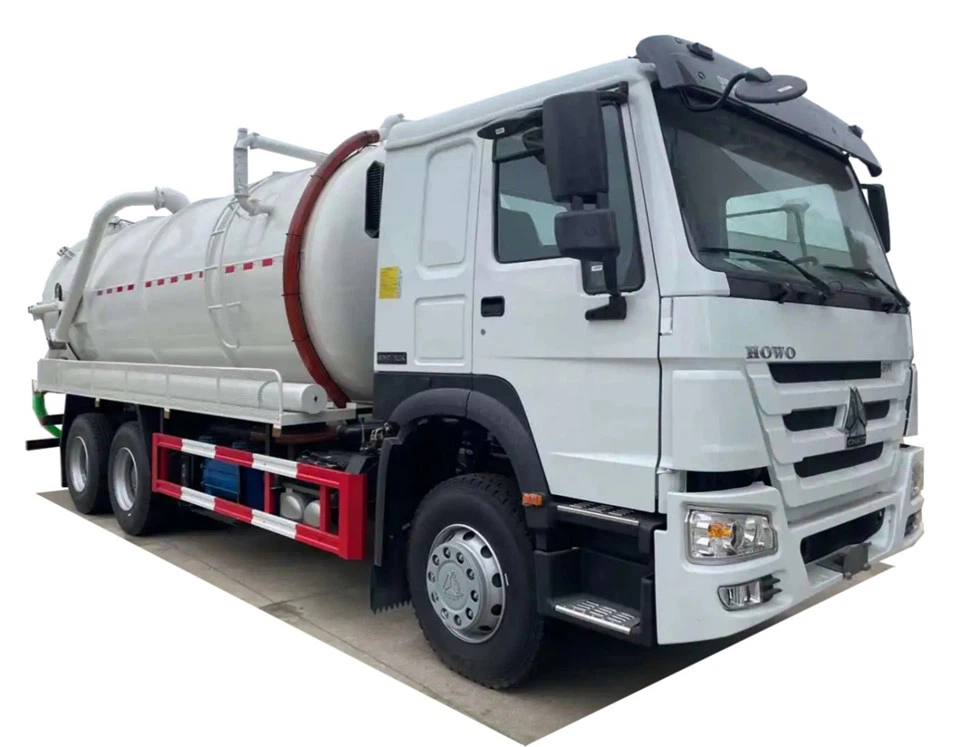Propane vs LPG: Understanding the Key Differences and Uses

Propane and LPG are often mentioned interchangeably, leading to confusion among consumers and businesses alike. This article dives deep into the differences and similarities between propane and liquid propane gas (LPG), helping you understand which option is best suited for your needs. Whether you’re considering using propane for your home heating, cooking, or industrial uses, this comprehensive guide will provide insights into both fuels.
What is Propane?
Propane is a colorless, odorless gas used widely as a fuel source. It is a hydrocarbon with the chemical formula C3H8 and is commonly obtained through natural gas processing and petroleum refining. Propane is stored in pressurized tanks as a liquid, making it easy to transport and store.
Key Properties of Propane
- Boiling Point: -42°C (-44°F)
- Molar Mass: 44.1 g/mol
- Energy Content: Approximately 91,500 BTU per gallon
What is LPG?
LPG, or liquefied petroleum gas, is a broader term that encompasses a mix of hydrocarbon gases, primarily propane and butane. Like propane, LPG is also colorless and odorless until an odorant is added for safety. LPG is often derived from the same sources as propane, but its composition can vary.
Key Properties of LPG
- Composition: A mixture of propane and butane
- Boiling Point: Varies (butane: -0.5°C, propane: -42°C)
- Energy Content: Approximately 91,600 BTU per gallon (average)
Differences Between Propane and LPG
| Characteristic | Propane | LPG |
|---|---|---|
| Composition | Pure propane (C3H8) | Mixture of propane and butane |
| Temperature Efficiency | More efficient in colder temperatures | Better in moderate temperatures |
| Applications | Home heating, grills, forklifts | Heating, camping, industrial uses |
| Storage | Stored in pressurized tanks | Stored in both pressurized tanks and transportable bottles |
Uses of Propane
Home Heating
Propane is a common choice for home heating, particularly in rural areas where natural gas lines may not be available. It is used in furnaces, boilers, and fireplaces, offering an efficient and cost-effective heating solution.
Cooking
Many households prefer propane for cooking due to its high energy content and quick temperature adjustment. Propane gas grills and ranges provide an excellent cooking environment with precise control over temperatures.
Industrial Applications
In industry, propane is utilized for various applications including the operation of forklifts, heating warehouses, and as a feedstock for producing chemicals.

Uses of LPG
Heating and Hot Water
LPG is often used in central heating systems and water heaters, especially in areas without gas pipelines. Its versatility and efficiency make it a popular choice for home utilities.
Camping and Outdoor Cooking
Due to its portability, LPG is commonly used in portable gas stoves and outdoor grills, making it a favorite for camping enthusiasts.
Commercial Uses
Businesses utilize LPG in various applications including forklifts and outdoor heaters in cafes and restaurants. Its ease of storage and transport makes it an efficient choice for commercial purposes.
Environmental Impact
Emissions Comparison
Both propane and LPG are considered to be cleaner fuels compared to coal or oil. When burned, they produce fewer greenhouse gases and pollutants.
Renewable Energy Potential
Propane is often seen as a transition fuel towards renewable energy solutions. As technology evolves, the potential for renewable propane production increases, making it a more sustainable option for energy use.
Safety Considerations
Handling and Storage
Both propane and LPG are safe to handle provided that proper safety procedures are followed. It’s crucial to store these gases in well-ventilated areas and away from open flames.
Recognizing Leaks
Propane and LPG are odorless without the addition of a chemical odorant, usually ethyl mercaptan, which gives them a distinctive smell, often compared to rotten eggs. Familiarizing yourself with this scent can help in recognizing gas leaks.
Cost Comparison

Price Per Gallon
The price of propane and LPG can fluctuate based on market conditions, demand, and regional factors. Typically, both fuels are competitively priced, but propane might be slightly more affordable in certain regions.
Long-Term Usage Costs
Considering efficiency and heating output, the long-term usage costs will depend on individual consumption patterns and appliance efficiency ratings. It is advisable to consult with local suppliers for accurate pricing and usage data.
Choosing Between Propane and LPG
Factors to Consider

- Availability: Check which fuel is more readily available in your area.
- Applications: Determine what you need the fuel for—whether heating, cooking, or industrial use.
- Environmental Concerns: Consider the environmental impact and sustainability of your choice.
Consulting Professionals
If you’re unsure, consulting with professionals in the gas supply industry can provide valuable insights tailored to your specific needs. They can advise on the best options based on your heating or cooking requirements.
Frequently Asked Questions
1. Is propane a form of LPG?
Yes, propane is a primary component of LPG, which also includes butane. LPG refers to a mixture of both gases.
2. Can I use propane appliances with LPG?
In most cases, propane appliances can be converted to use LPG. However, this process should be carried out by a qualified technician to ensure safety and compliance with local regulations.
3. How can I store propane safely at home?
Store propane tanks in an upright position in a cool, well-ventilated area away from direct sunlight and heat sources. Ensure they are restrained to prevent tipping.
4. Which is more economical, propane or LPG?
Costs can vary by location and market conditions; however, generally, propane may be slightly cheaper than LPG in some regions. It’s best to check local prices.
5. Is there an environmental advantage to using propane?
Yes, propane produces fewer emissions compared to traditional fossil fuels, making it a cleaner alternative, especially when transitioning to renewable energy sources.
6. What should I do if I smell gas?
If you detect the odor of gas, evacuate the area immediately and call your gas supplier or emergency services. Do not attempt to find the leak yourself.
